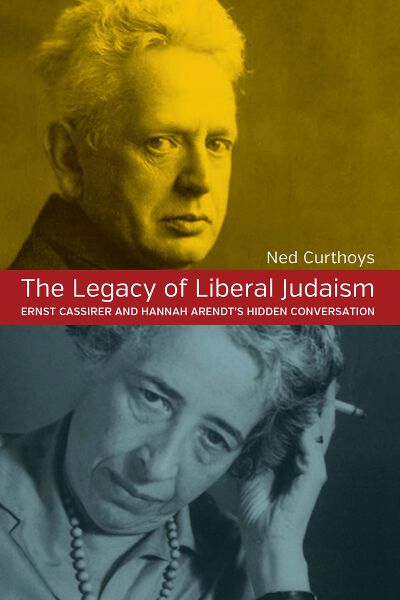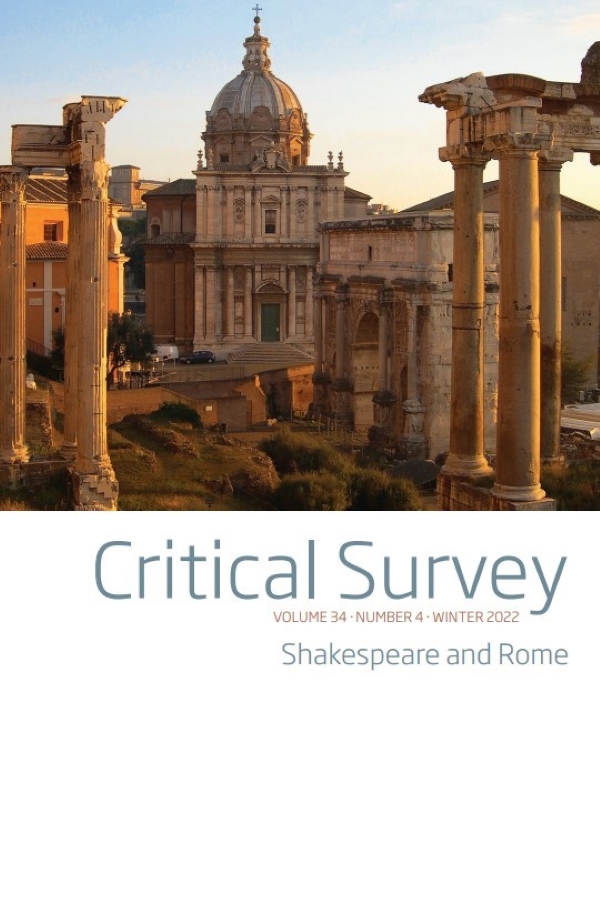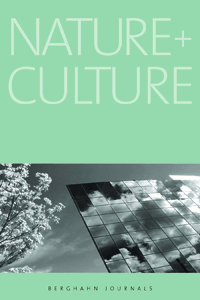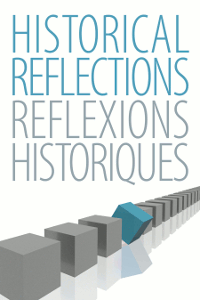
“There are no dangerous thoughts; thinking it-self is dangerous.” ― Hannah Arendt
Hannah Arendt (1906–1975) was one of the most influential political philosophers of the twentieth century. Born into a German-Jewish family, she was forced to leave Germany in 1933 and lived in Paris for the next eight years, working for a number of Jewish refugee organisations. In 1941 she immigrated to the United States and soon became part of a lively intellectual circle in New York. She held a number of academic positions at various American universities until her death in 1975. Read more about her life here.
Below, we’ve curated a reading list related to Hannah Arendt and her political philosophy from a selection of our books and journals.
 The Legacy of Liberal Judaism:
The Legacy of Liberal Judaism:
Ernst Cassirer and Hannah Arendt’s Hidden Conversation
Ned Curthoys
“Most readers will finish this work with a renewed appreciation of the continuing significance of the moral vision articulated by these exemplars of liberal Judaism.” · Choice
“The book then provides various interesting challenges to scholarship on Arendt, as well as the material on thinkers brought together here as part of the tradition of Liberal Judaism. All this make The Legacy of Liberal Judaism of relevance beyond an exclusively scholarly debate.” · Patterns of Prejudice












